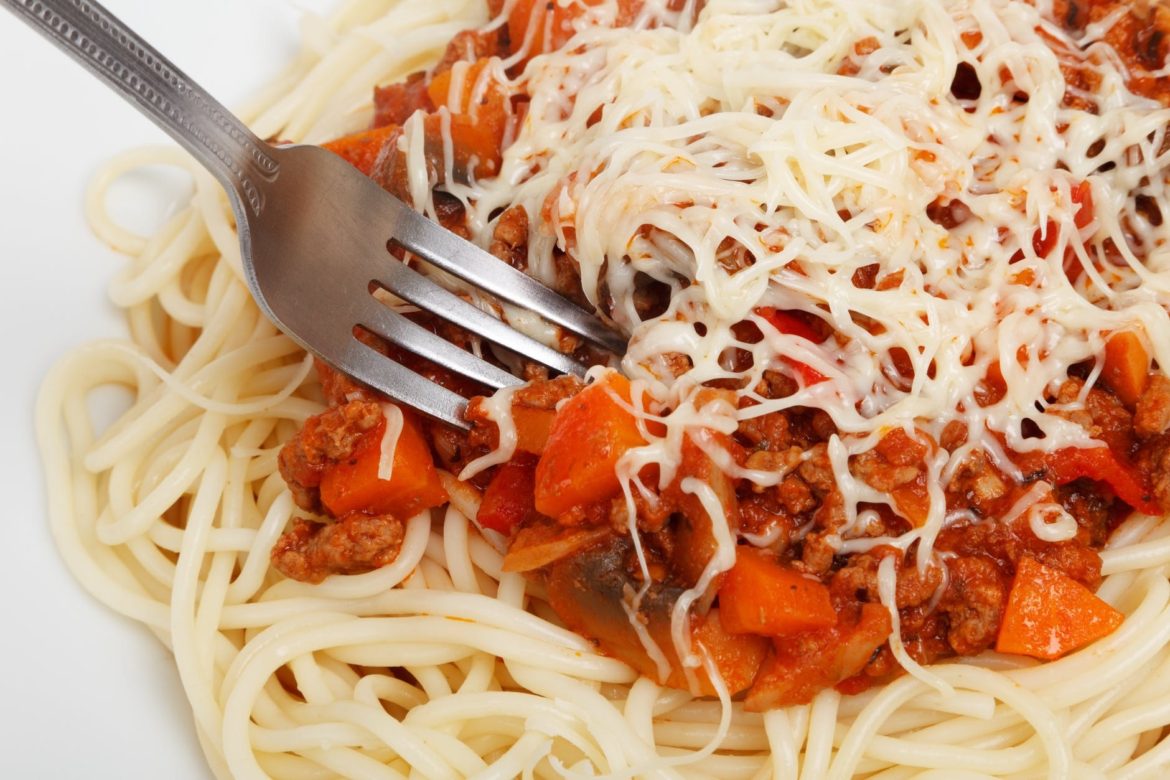Amy Jones has a terrific read on the UK’s new policy to require that restaurants and cafes with more than 250 employees put calorie counts on their menus.
The plan, of course, is to fight obesity, which is associated with a plethora of medical problems.
The question is — will this initiative accomplish its intended goal?
The clearest evidence, Jones notes, that this policy is ineffective comes from a large, longitudinal study in the United States, which suggested that most people don’t change what they eat, or the portions they consume, based on calorie counts in restaurants.
In other words, it doesn’t seem to help with the obesity problem.
In fact, Jones suggests that it’s more likely that it will exacerbate eating disorders.
A BEAT survey of individuals with experience of eating disorders found that 93% thought that calorie labelling on menus would have a ‘negative’ or ‘very negative’ effect, with some respondents arguing that, even for those without diagnosed disorders, such labelling risked encouraging obsession over calories and anxiety around eating.
This belief is borne out by the data. A recent study found that 1 in 10 dieters who calorie counted became bulimic, with participants admitting to behaviours such as skipping eating for days after a ‘binge’, eating ice and misusing laxatives. Such negative effects aren’t just limited to anorexia and bulimia — for those with binge eating disorder, the inclusion of calorie counts on menus has actually been found to increase calories consumed.
So there’s the theoretical and empiric case against mandating calorie counts on menus.
For the anecdotal perspective, you can read this account from a school teacher whose anorexia has been made worse by the new policy.
She tells The Mirror:
“I think everybody in recovery struggles to go out as it is, and I think they push themselves to go out and gain that love of food back.
“But if the topic of conversation is now going to be calories and comparing what people are eating, it’s just going to set so many back Now I’m scared to go out for meals.”
The long story short — calorie counts will probably affect only one portion of the population: the ones who need to stop counting calories.
Eating disorders are the most dangerous psychiatric conditions.
Physically, they can be acutely dangerous, leading to numerous health problems, including ultimately organ failure.
And their affect on mental health is similarly tragic.
According to one study, an individual with anorexia nervosa is 18x more likely to die by suicide than other individuals in their cohort.
And roughly 20% of anorexia victims take their own life, in response to their disease.
Those numbers are staggering (and other eating disorders can be nearly as deadly).
Unfortunately, calorie counting is so deeply embedded in the population’s consciousness that measures promoting it are still ubiquitous.
And, now, the UK is upping the ante.
This, despite the fact that calorie-counting has been proven to be both ineffective and dangerous in battling obesity.
In 2020, Harvard Health put forth an urgent plea to “stop counting calories.”
I worry that the growing medical consensus (and evidence) that counting calories is dangerous will be branded “woke,” and ignored my massive swaths of the population.
Swaths that are oblivious to the tragic consequences of eating disorders.
However, I am encouraged that a growing number of nutritionists are pointing out the dangers of calorie counting.
If you or anyone else you know struggles with an eating disorder, The National Eating Disorders organization has a tremendous team that can help support you in both acute crisis and set you on the path to healing.

